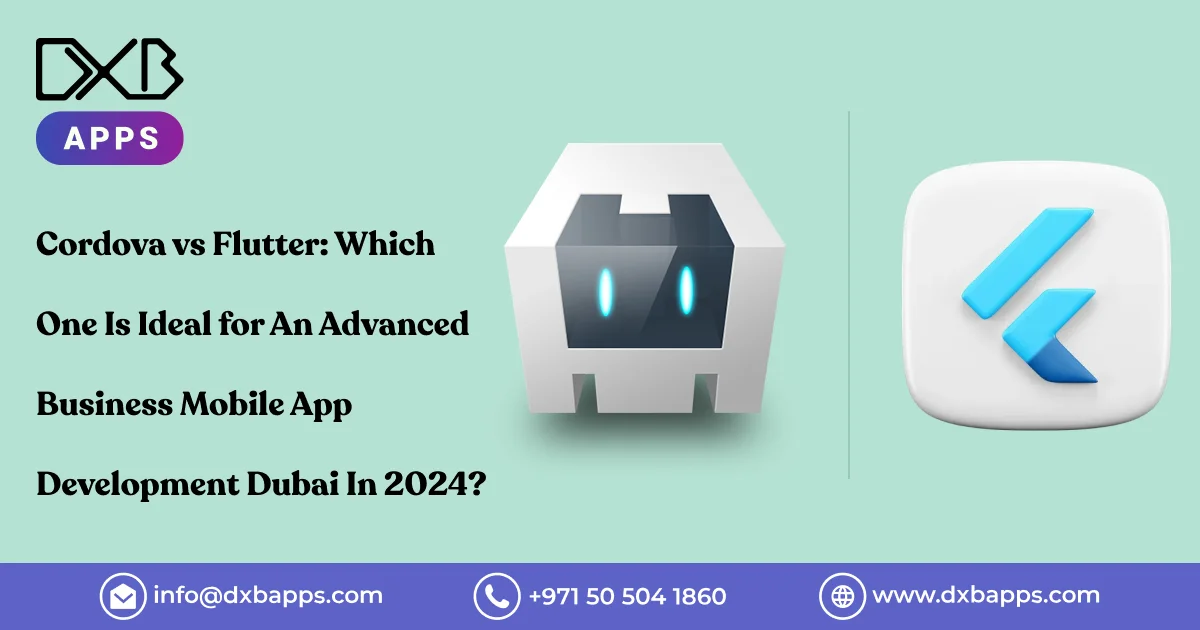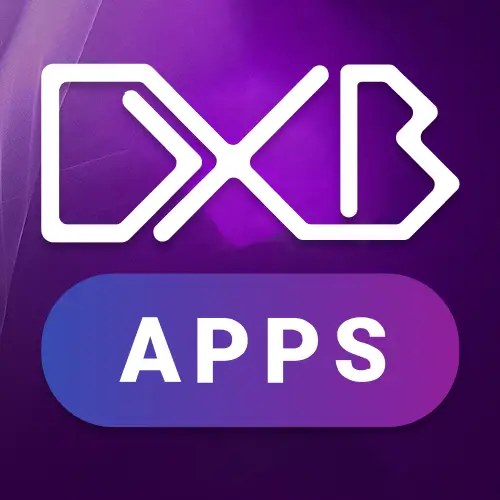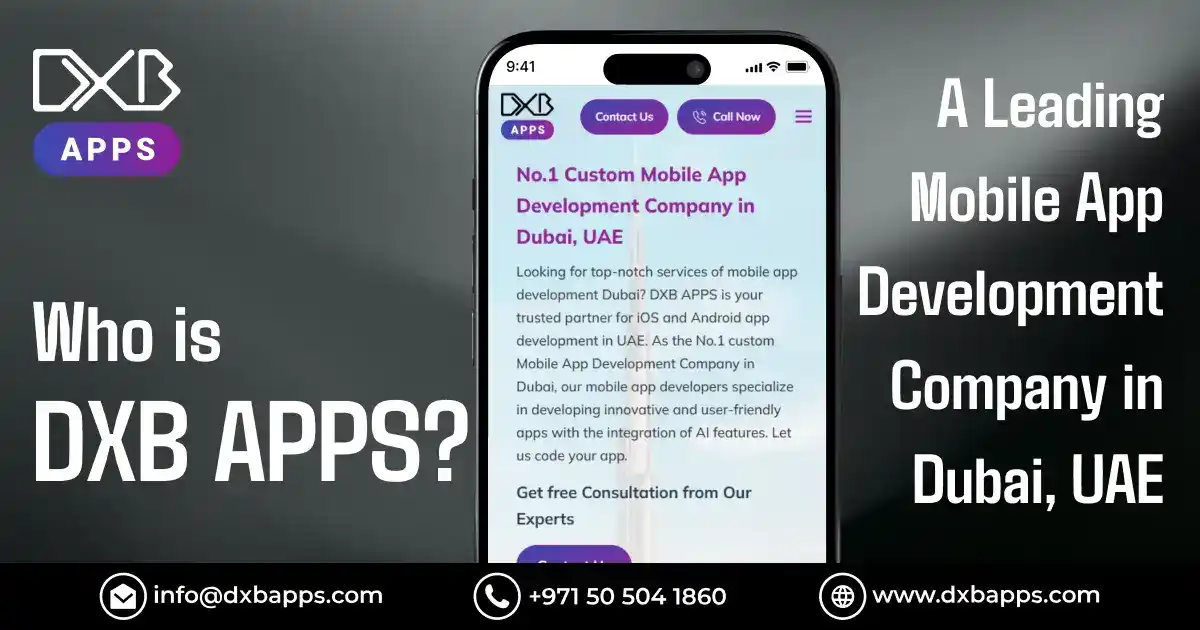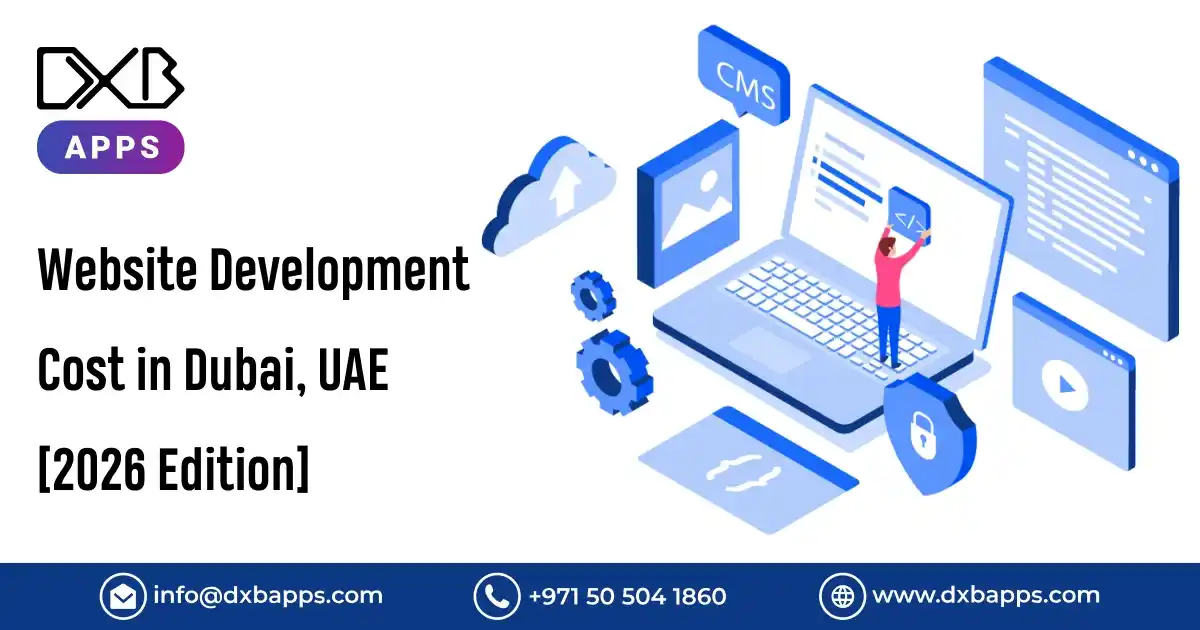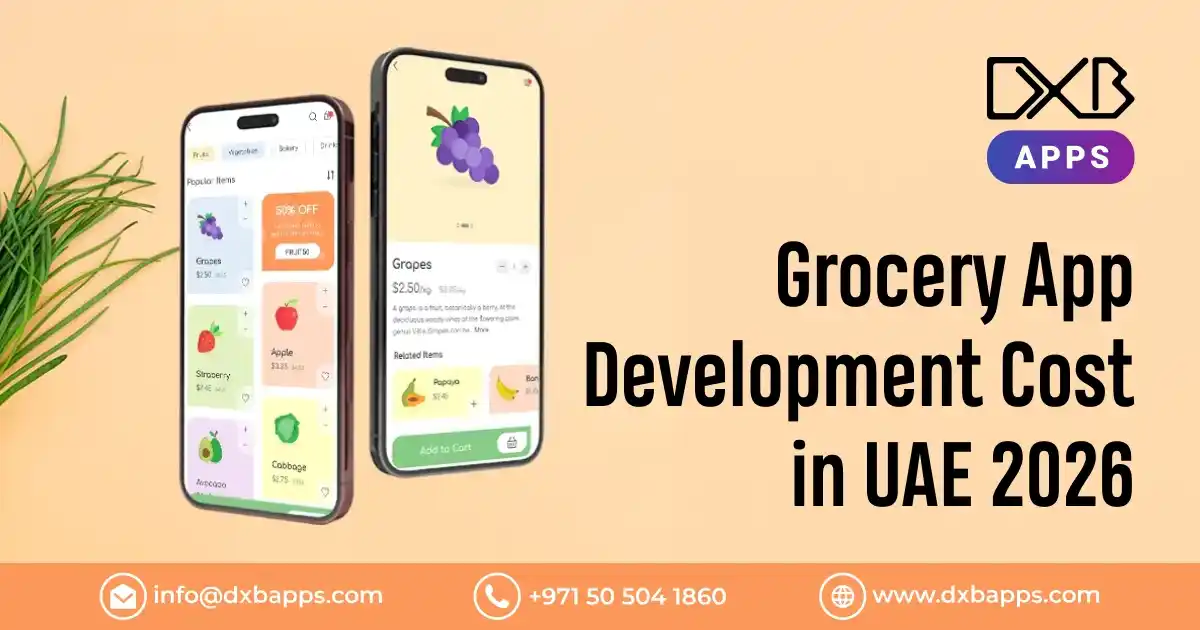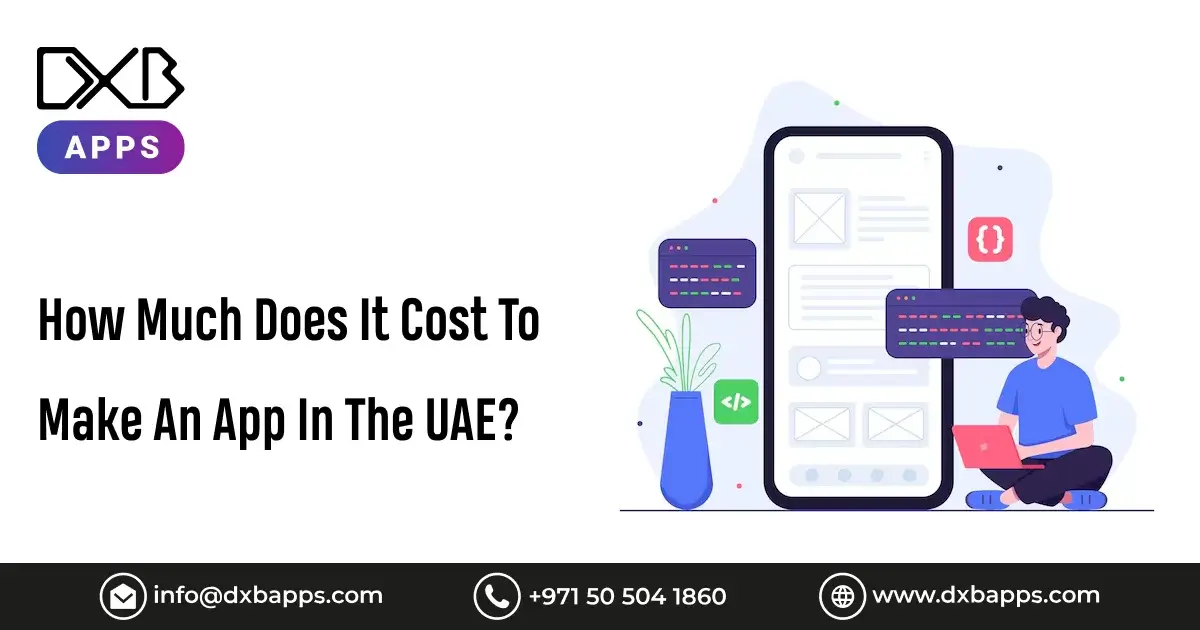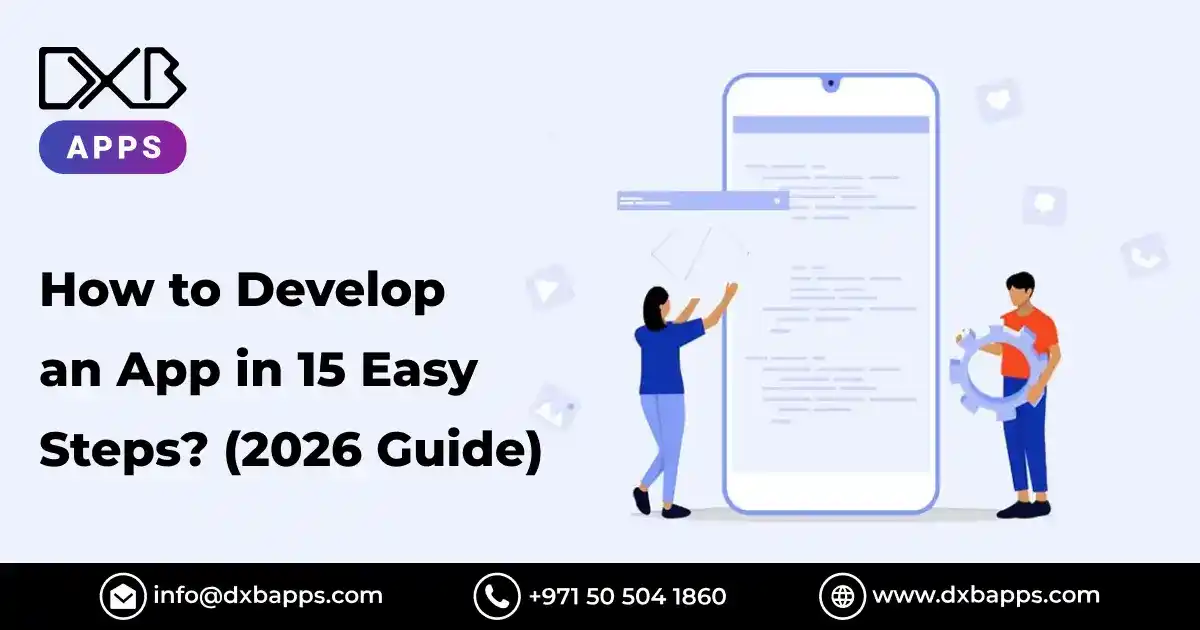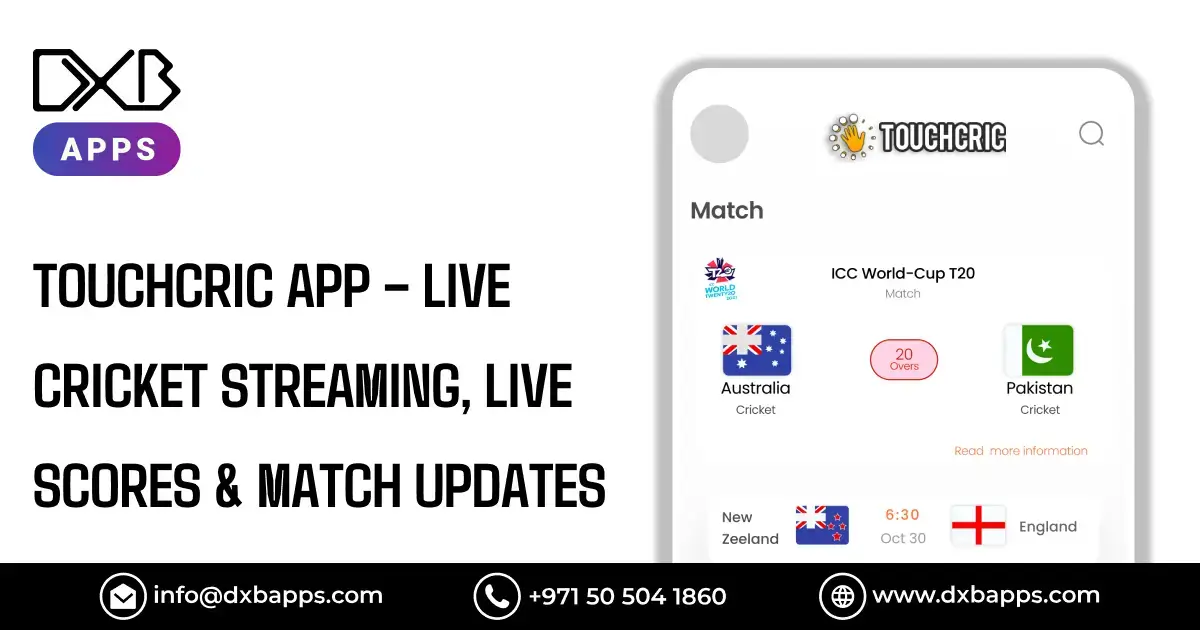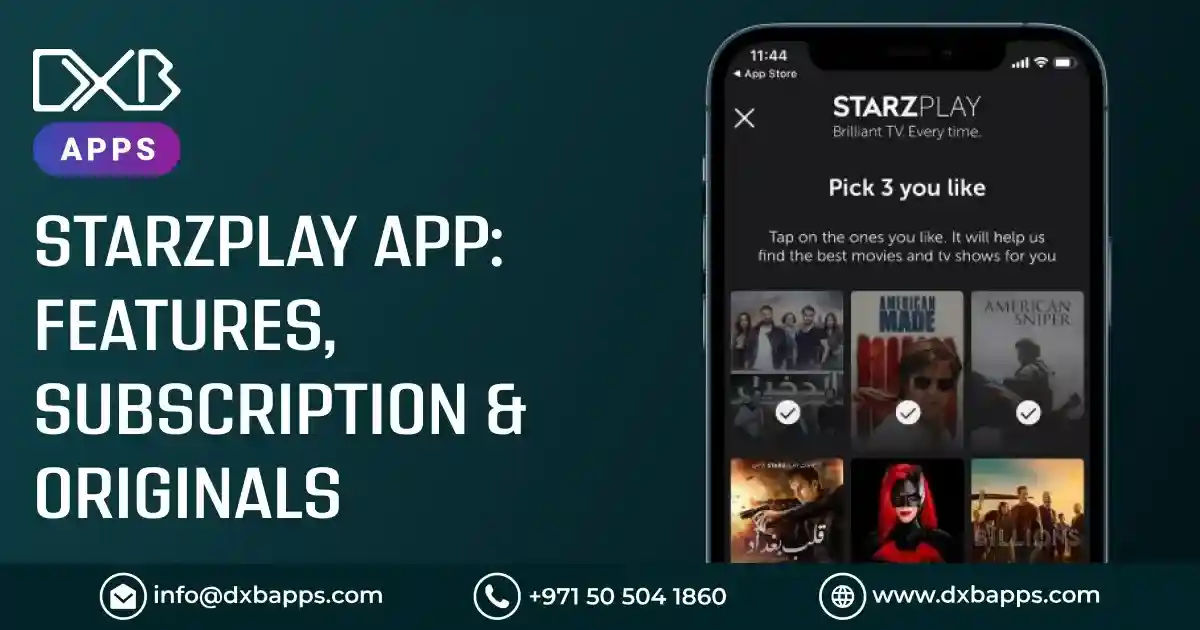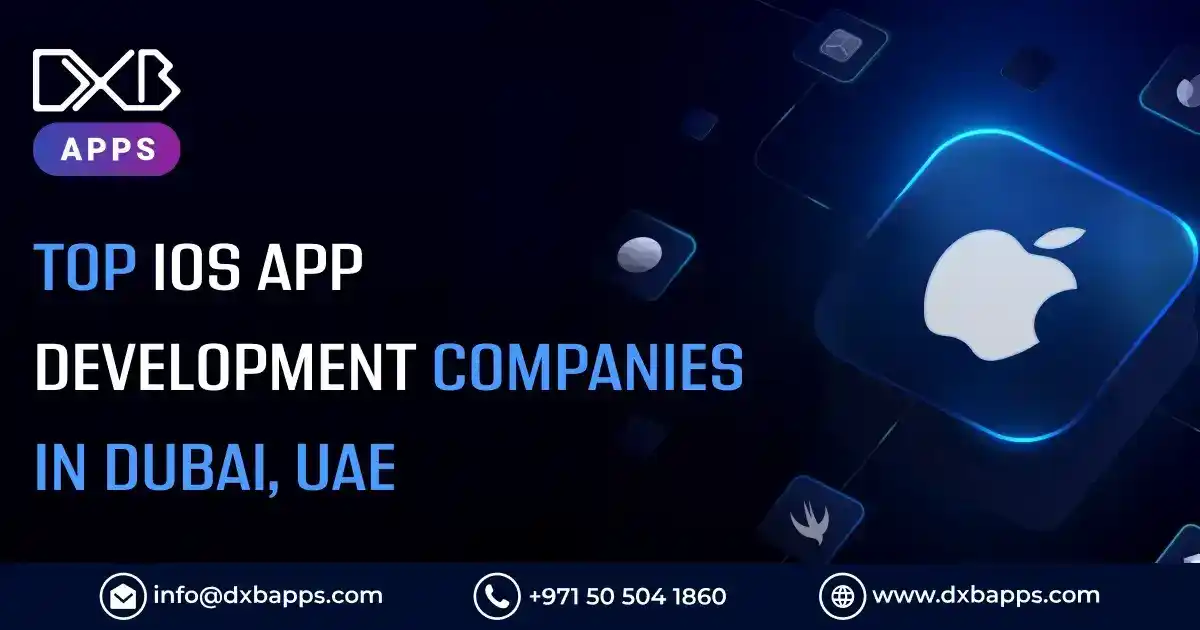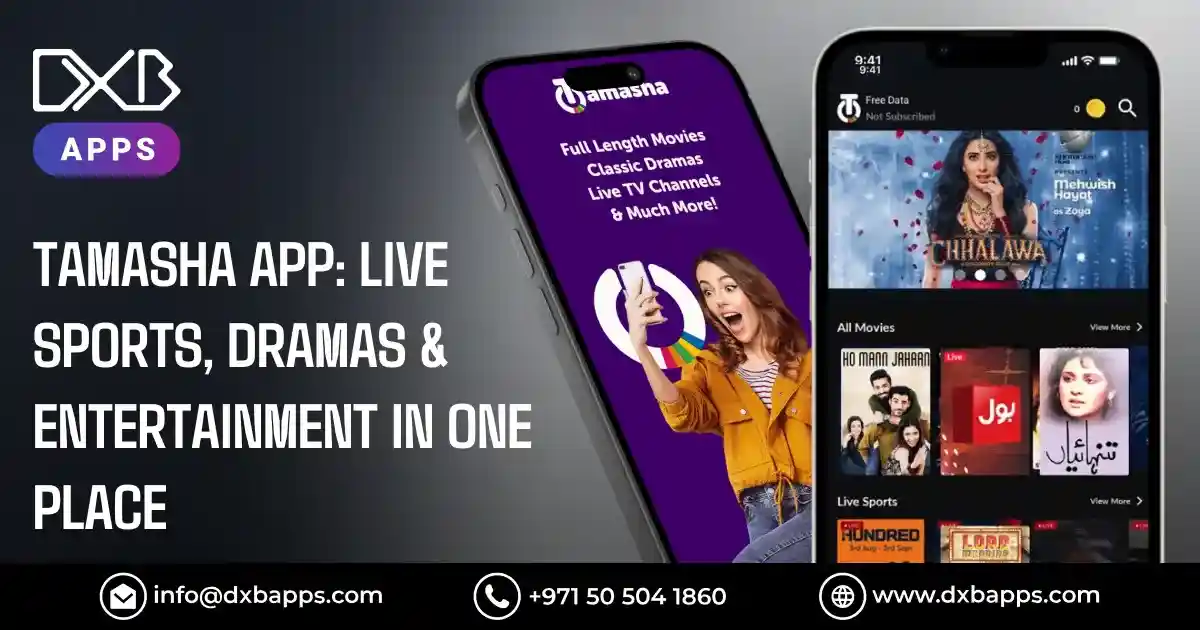You intend to create a successful mobile app Development dubai. Budgetary restrictions do exist, and they always will because creating an app is always costly. You are incorrect if this is how you think as well! The cost of creating and releasing an application has decreased since the introduction of cross-platform technologies. There is only one simple guideline that they follow!
We will discuss Flutter vs. Cordova in this blog, but there are many other cross-platform technologies that you may use to create these kinds of apps. Which of these two is superior and more appropriate for your business app? Let's find out. Let's get started.
What Is Apache Cordova?
Cordova is known as an open-source cross-platform programming framework developed by Apache in 2009. In order to develop or transform online apps into high end mobile applications, it makes use of ordinary web technologies like HTML, JavaScript, and CSS. With Cordova, you can develop apps for Blackberry 10, Ubuntu, Windows, WP8, and OS X in addition to iOS and Android.

It is free, simple to use, and allows you to make sophisticated JavaScript adjustments. This is the architecture of Cordova:
Value Added Benefits Of Cordova To Know
- Free and open-source
- Being built on the most widely used web technologies makes it simple to learn.
- Accelerated speed and strong performance
- Works good for MVP or proof of concept android app development
Some Of The Disadvantages Of Cordova
- Unable to offer a completely native experience
- The performance is not excellent.
- Insufficient or nonexistent community backing
Understand All About Flutter Framework For Mobile App Development
Another mobile app development framework which is open-source is created and also supported by Google is Flutter. It was initially released in 2017. With the help of Flutter, you can opt for a singular codebase to develop high-fidelity and effective apps across macOS, Linux, Windows, iOS, web and Android.
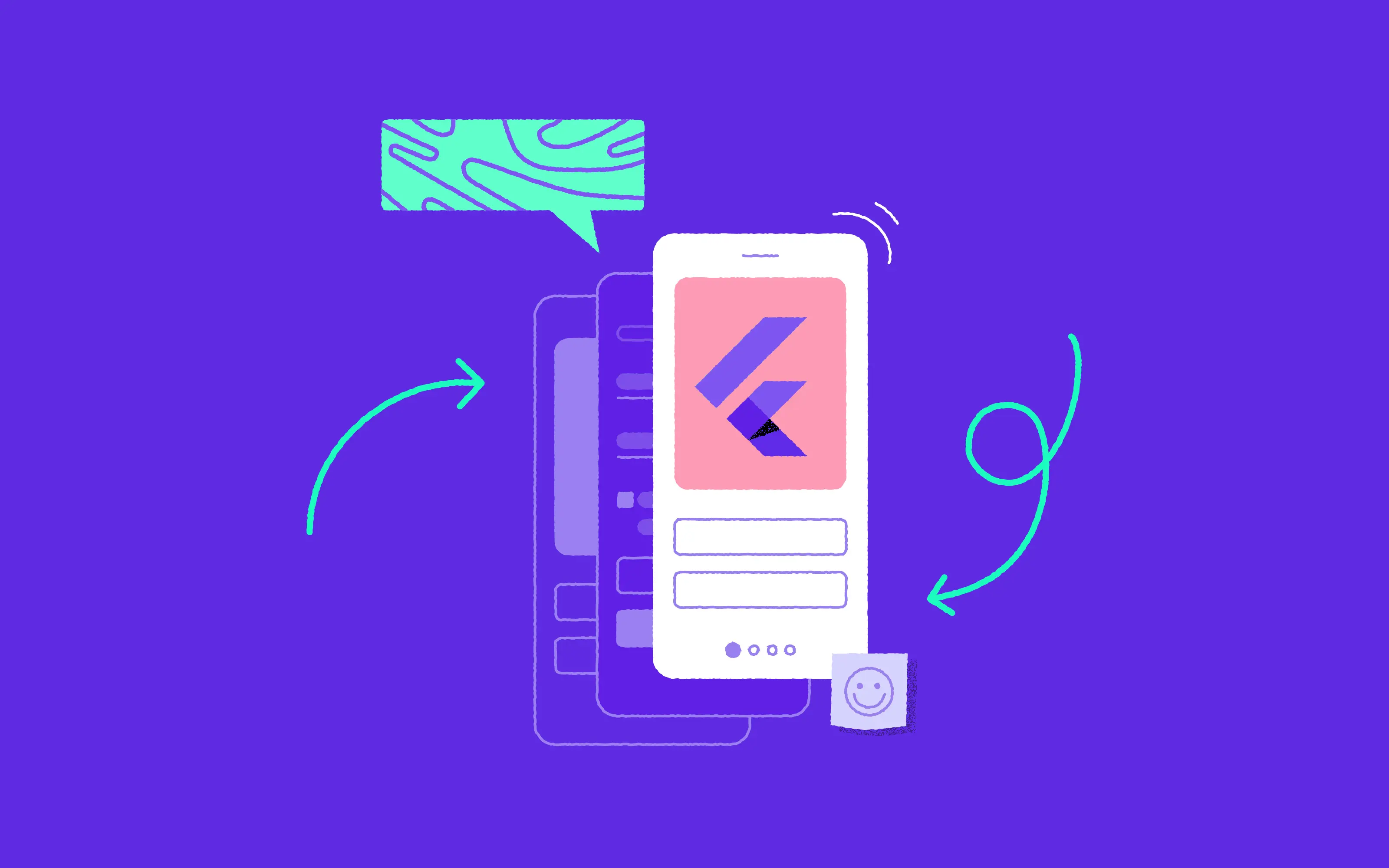
Flutter is one of the famous frameworks for app development by top mobile app development company since it offers a native-like experience on various mobile devices for high end apps created with it. TheFlutter's architecture consists of three layers are the Engine, the Framework, and the Embedder, which is the lowest layer.
Benefits Of Flutter
- Free and open-source
- An entire suite of tools for creating mobile applications
- App development is accelerated by ready-made widgets and hot reloading.
- Provides a native-like application experience.
- Complete personalization and elaborate designs
Disadvantages Of Flutter
- Dart is a complicated language that is difficult to master.
- Because Dart is platform-specific, there isn't as much support.
- Now that you are aware of the differences between Flutter and Cordova, let's compare them side by side and go into more detail.
Cordova vs Flutter: Which Is Better for My Business App?
Although both Flutter and Cordova are competent in their fields, there are distinctions between them and one is unquestionably superior. To assist you in understanding the primary distinctions between Flutter and Cordova, the following is a head-to-head comparison of these two technologies:
Now let's thoroughly evaluate Flutter and Cordova based on several criteria to determine which is superior for your business mobile application:
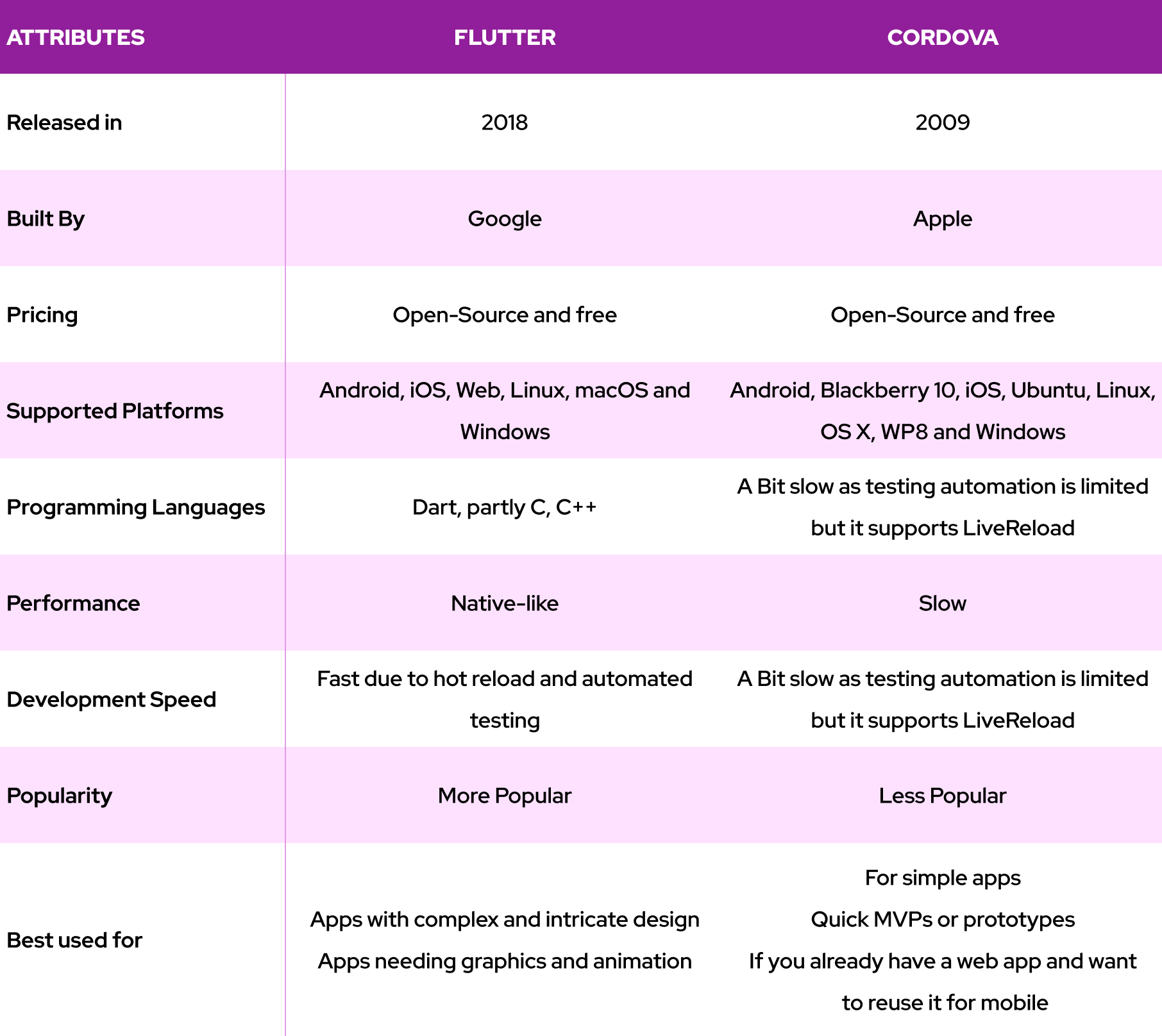
1.Popularity
Although both Flutter and Cordova are well-known cross-platform solutions in the market for developing mobile apps, Flutter's incredible feature set has made it more popular than Cordova.
In 2021, only 16% of top app developers in dubai worldwide used Cordova, compared to over 40% who used Flutter, according to a Statista developer poll. Conversely, the data shows that in 2019, the popularity of both frameworks was essentially unchanged. It demonstrates how Cordova's market share is declining while Flutter's is rising over time.
Undoubtedly, Cordova was a highly favoured framework for creating mobile applications during the nascent days of cross-platform technologies. But as more and better alternatives like React Native and Flutter have become available, its appeal is waning, and some people even think it's no longer a viable framework.
2. Platform Support and Performance
Flutter is an advanced framework for creating cross-platform apps that was designed with the requirements of contemporary users in mind. Conversely, Cordova is the more well-established framework while being relatively older. These are the platforms that Cordova is compatible with:
Despite the wide range of platforms that Cordova supports, Cordova apps run in a WebView, which reduces the functionality and performance of native UI. WebViews work well on devices with high-end technology, but their performance is skewed on models with less expensive hardware. Moreover, it lacks cache management, which causes memory leaks. For this reason, Cordova is seldom the best choice for apps with a lot of graphics.
Moreover, Cordova uses plugins to access native device functionalities, which reduces the speed of CPU- and GPU-dependent apps even more in comparison to native apps.
But since Flutter has its own rendering engine, this is not an issue. It did away with the need for a bridge to connect its modules, enabling exceptional performance even on old hardware platforms. These are the platforms that Flutter is compatible with:
Winner: Flutter
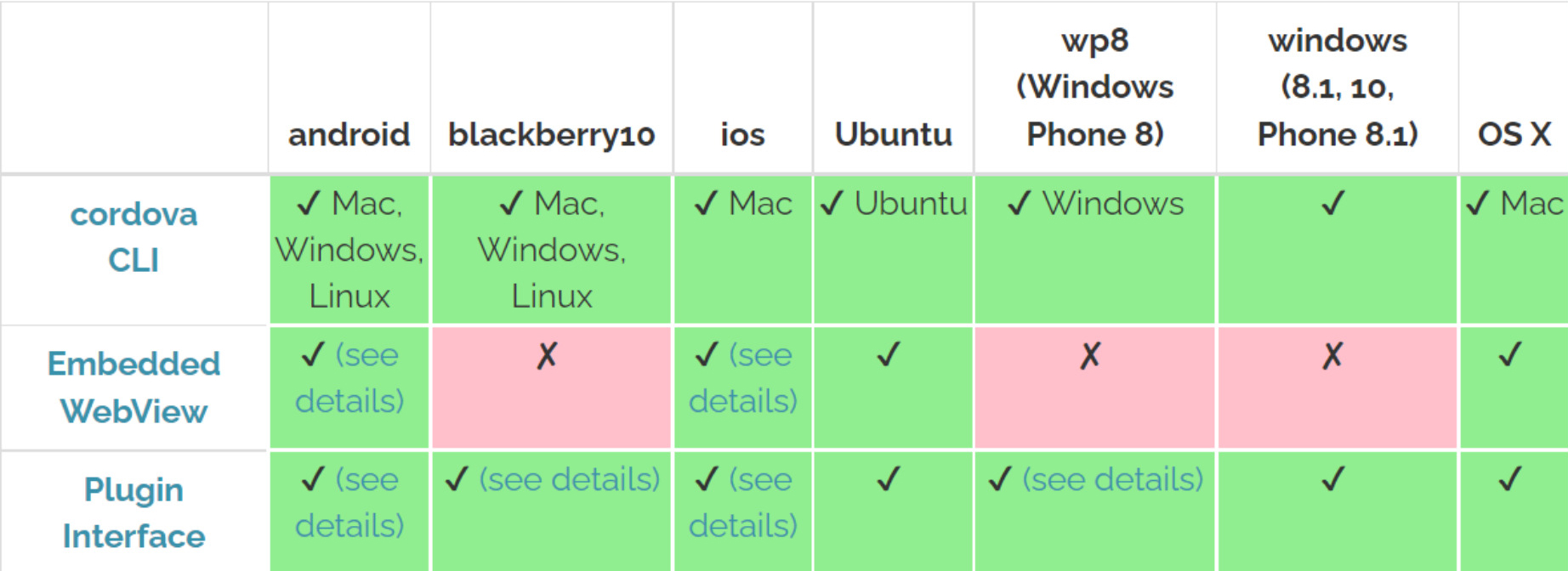
3. Examining and Troubleshooting
Before releasing a feature, a mobile application must be examined, tested, and debugged to guarantee a bug-free experience. Additionally, determining the pace and quality of app development depends in large part on a simple and quick testing procedure.
For this reason, you need to pick a framework that makes it simple to test your application for quality control.
Although Hot Reloading and Live Reloading are features shared by both Flutter and Cordova, Flutter loads much faster than Cordova. It facilitates automated testing to review code and identify any problems. Any modifications made to the code are immediately reflected in the app using hot reloading.
Although Cordova contains some user-friendly debugging tools, it lacks the automated testing features found in Flutter. To assist you save time when recompiling updates following code changes, you can use LiveReload, which is quite similar to Hot Reload.
Winner: Flutter
4. User Interface
The user interface of mobile apps created using Cordova operates within a WebView. It indicates that the application can keep the same appearance on various platforms, including iOS and Android. This similarity is generally bad, though it could be advantageous in certain situations. This explains why Cordova-built apps don't feel and appear native. They resemble websites within an app more.
There is no UI framework available for developing mobile apps with Cordova. All it does is take your HTML code and execute it on the device. Your coded HTML and CSS might not be mobile-friendly, and designs might seem strange on smaller screens.
Because Flutter doesn't use the platform's native UI components, it adapts the app's appearance to the platform's visual style by altering things like tapping animation and scrolling speed. In this approach, Flutter-based apps offer a smooth user experience and operate exactly like native apps.
Winner: Flutter
5. The Curve of Learning
The most widely used and fundamental technologies in the web development business are HTML, CSS, and Javascript, upon which Cordova is built. It is therefore simple to learn and comprehend. Within a week, any developer may begin working with Cordova.
Winner: Cordova
6. Record-keeping
Flutter outperforms Cordova in terms of documentation. You will be left on your own to learn about this platform if there is any material available for Cordova. However, Flutter comes with an abundance of resources, like official documentation, online tutorials, online courses, and even books.
Winner: Flutter
So, Which Is The Better Choice?
As the explanation above makes evident, Flutter is a popular option for many organizations nowadays for a variety of reasons. Despite having a large following in the business, Apache Cordova's appeal is currently waning due to superior alternatives on the market.
Flutter appears to have a much brighter future than Cordova and contains many capabilities that are necessary for modern apps. Though it is just six years old, the Google-backed framework for developing cross-platform apps is the most widely used.
Enjoy Your Web Development Journey With DXB APPS
As you embark on your app development journey, consider partnering with DXB Apps, a leading name in web and app development. With a dedicated team of experts and a track record of delivering innovative solutions, DXB Apps, as website development company Dubai ensures your project's success from inception to deployment.
Conclusion
With almost ten years of experience, we think that Flutter is a better option than Cordova when it comes to creating mobile app development that work well. Thanks to its incredible capabilities like hot reloading, its own rendering engine, accessible native features and SDKs, and the possibility to expand beyond mobile, it gives our team the freedom to be both unique and nimble at the same time.
FAQs
1. Which framework is better for performance-critical applications?
For performance-critical applications requiring native-like performance, Flutter is the preferred choice due to its natively compiled codebase and optimized rendering engine.
2. Can Cordova and Flutter coexist in a single project?
While technically feasible, integrating Cordova and Flutter in the same project may introduce complexities and hinder development efficiency. It's advisable to choose one framework based on project requirements.
3. Are there any notable companies using Cordova or Flutter for their apps?
Yes, several renowned companies utilize Flutter for their apps, including Alibaba, Reflectly, and Google Ads. Cordova has been favoured by organizations like Adobe, Microsoft, and SAP.

